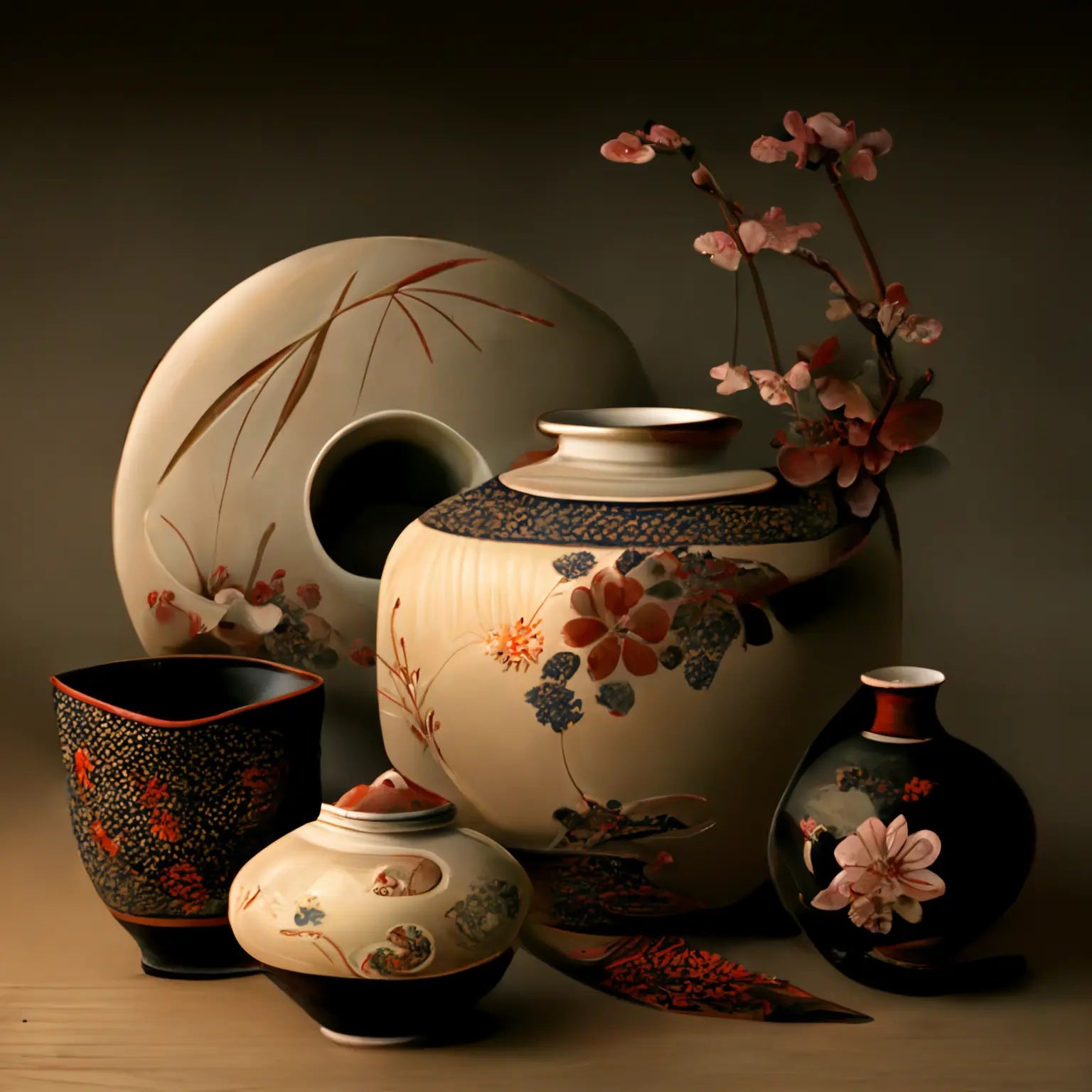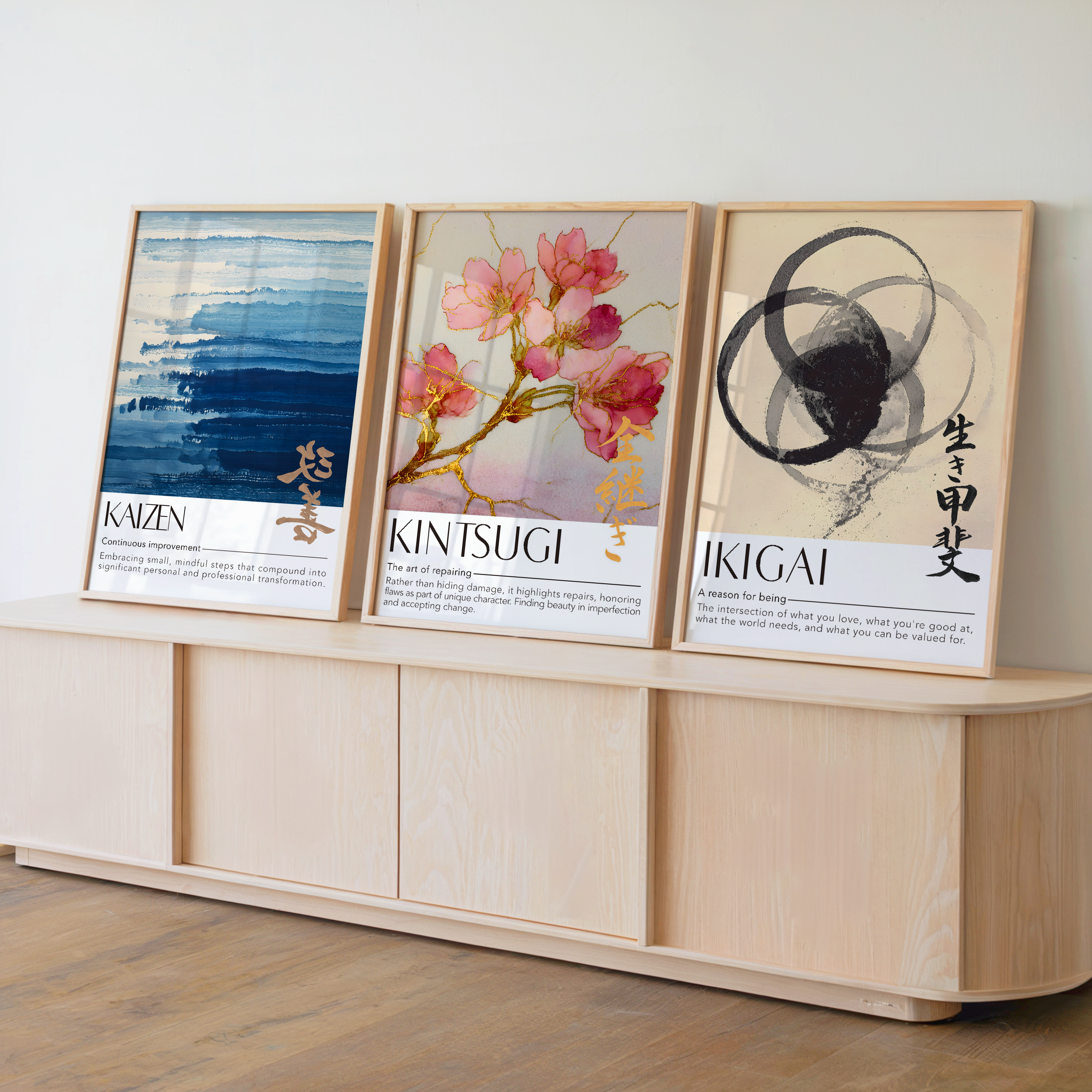
Japanese Craftsmanship: The Art of Creating High-Quality Products with Care and Precision
Japan is renowned for its high-quality products, and this is due in large part to the country's emphasis on craftsmanship. From traditional crafts like pottery and woodworking to modern manufacturing processes, the Japanese take great care and pride in creating products that are not only functional but also beautiful.

Craftsmanship in Japan has a long history, with many traditional crafts having been passed down through generations. The country's focus on precision and attention to detail is evident in everything from the way a kimono is made to the way a car is assembled.

One of the most famous examples of Japanese craftsmanship is the art of sushi making. Sushi chefs in Japan train for years to master the art of preparing and presenting sushi, with each piece of sushi carefully crafted to ensure that it looks and tastes perfect. The attention to detail extends to the presentation of the sushi as well, with the colors and shapes of the sushi arranged in a visually pleasing way.

Another example of Japanese craftsmanship is in the world of woodworking. Japanese carpenters use traditional hand tools and techniques to create stunning pieces of furniture and architecture. One of the hallmarks of Japanese woodworking is the use of joinery techniques that allow pieces of wood to fit together seamlessly without the use of nails or screws.

In addition to traditional crafts, modern Japanese manufacturing also places a high emphasis on craftsmanship. Japanese companies like Toyota and Sony are known for their dedication to quality and precision in their products, with each product going through a rigorous testing and inspection process before it is released to the market.
The Japanese approach to craftsmanship is not just about creating high-quality products, but also about instilling a sense of pride and purpose in the work that is being done. Whether it's a traditional craft or a modern manufacturing process, the Japanese take pride in creating products that are not only functional but also beautiful and well-made.
In summary, Japanese craftsmanship is a reflection of the country's culture of precision, attention to detail, and pride in workmanship. From traditional crafts to modern manufacturing processes, the Japanese approach to craftsmanship is something that is admired and respected around the world.








